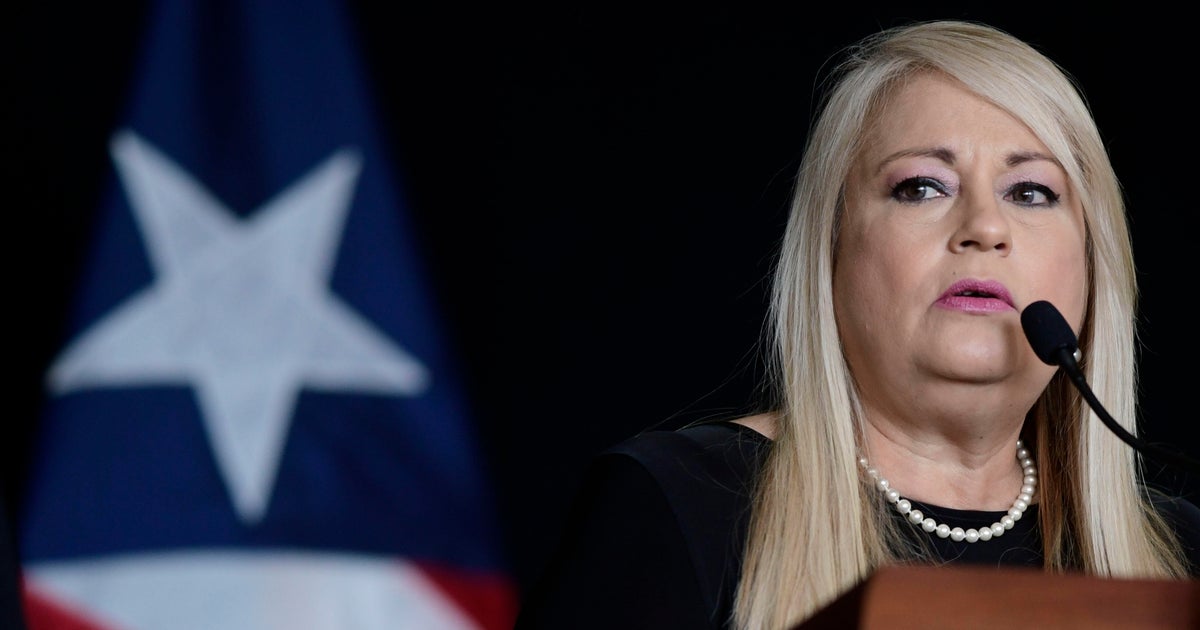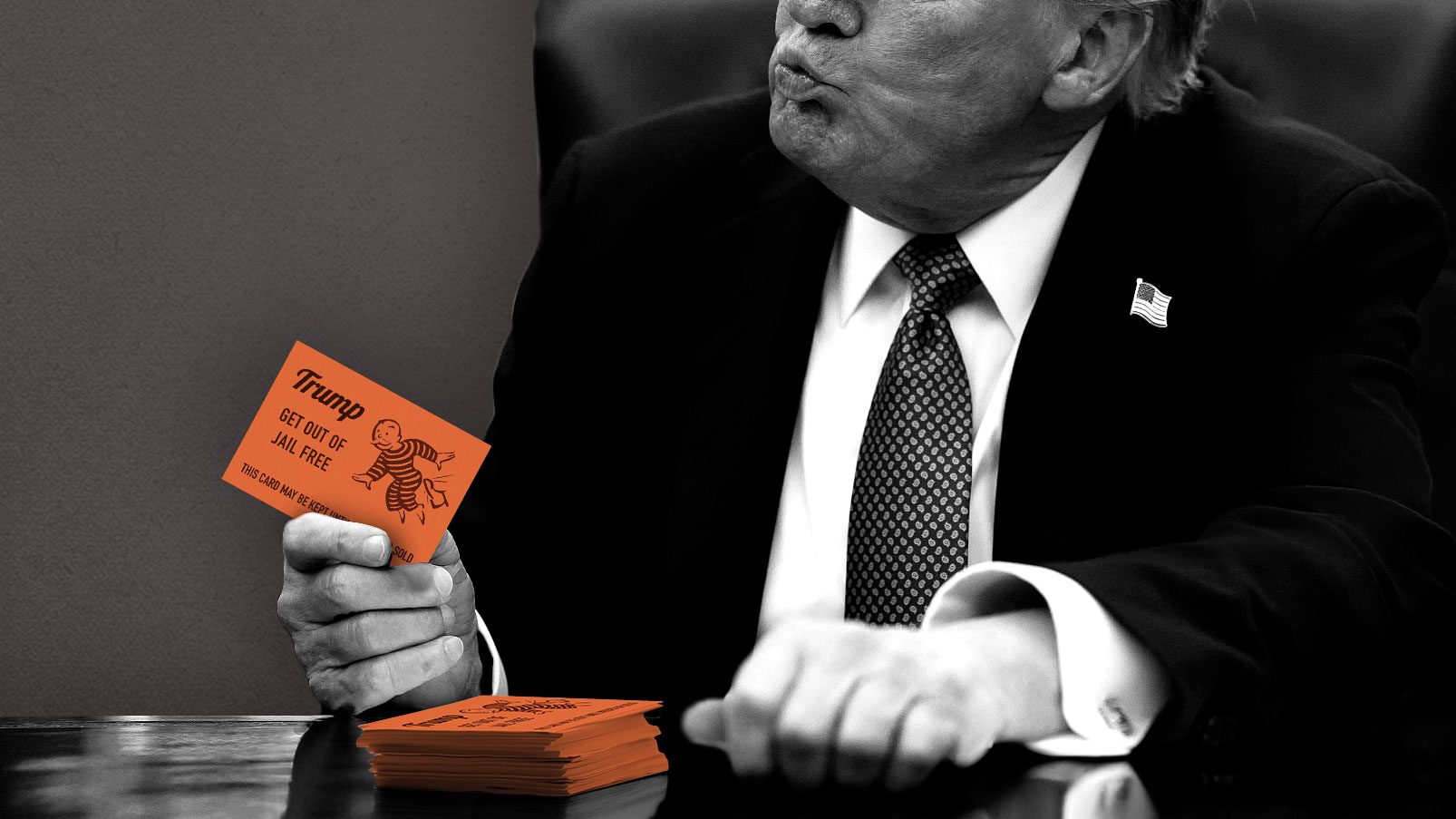Trump will not resign. Nor will he turn power over to Pence and ask for a pardon
President Trump will not resign. Nor will he turn power over to Vice President Pence and ask him for a pardon, according to top White House advisers who have spoken with the highest ranking members of Mr. Trump's Cabinet, including Treasury Secretary Mnuchin, Pence and chief of staff Mark Meadows.
The president continues to ask senior advisers about his ability to pardon himself before he leaves office. It's a power that is untested and by no means settled. A Justice Department Office of Legal Counsel memo from 1976 says that the president cannot pardon himself or herself, so it would be a gamble. The president worries about his legal exposure post-presidency, but not necessarily related to the assault on the Capitol.
GOP sources close to the White House and congressional leadership say the threat of a second impeachment is real and could find some support among House Republicans, who are facing pressure from lobbying firms and corporations that help fund their campaigns. They have made it clear they will cut ties with Republicans who back Mr. Trump in any impeachment vote.
But on the other side is the Trump-inspired GOP base that threatens to launch primary challenges against House Republicans who vote for impeachment.
Republicans wish House Speaker Nancy Pelosi wouldn't force the question, but the speaker, protecting the institution of Congress and maximizing political advantage, will force Republicans to choose. Privately, top Republican sources concede if the mob that attacked the Capitol had been egged on by a Democratic president, a GOP House speaker would do the same thing.
Mr. Trump continues to believe any impeachment talk is strictly partisan; top outside advisers keep telling him it not partisan, but institutional. Congress was under attack this week, and some Republicans feel it's necessary to push back with impeachment vote — for now and for history.
The idea of invoking the 25th Amendment remains remote and is mostly intended to keep the president in line in the remaining few days of his presidency. But top cabinet officials still holding positions, chief among them Mnuchin and Pompeo, have not refuted the suggestion internally or externally in order to send a signal to Mr. Trump that it's an action they'd be willing to take if he cannot control himself.
Top advisers to the White House now know Mr. Trump was generally and initially pleased with the protest at the Capitol, seeing it as a reflection of his supporters' love for him, and not as an assault on the legislative branch and the foundations of a democratic republic. This misunderstanding has fed cabinet and White House resignations and denunciations.
There is likely not enough time to impeach and remove Mr. Trump from office. Bringing the Senate back would require unanimous consent of all senators, since it is in recess until January 19, based on another unanimous consent agreement.
However, the sense from many GOP sources is that Senate Majority Leader Mitch McConnell would be equivocal about how he'd address an article of impeachment — for the sole purpose of warning Mr. Trump that the power to remove him from office is no longer in the president's control.
On Friday it became clear to President Trump and those within the Trump Organization — Donald Trump Jr., and Eric and Ivanka Trump — that substantial reputational damage had been done to the Trump brand. This week, the online-store platform Shopify removed all of Mr. Trump's campaign merchandise from its platform, saying those web pages violated the Canadian company's policy against sellers promoting violence.
The closure by some firms of Trump-branded online stores forced a rapid search for other online venues and brought about an awareness that Mr. Trump's post presidency may be damaged by the events of this week.
Members of the Trump family actively looked for other online safe harbor. The sense among those close to the Trump family was that the president had begun to realize that in a post-White House world, the viability of the Trump brand was now vulnerable. Those close to the family and still somewhat sympathetic to the president consider the protection of the brand possibly the best pressure point available to ensure Mr. Trump leaves the White House and government comparatively quietly and allows a peaceful — if not personally endorsed — transition to take place.






